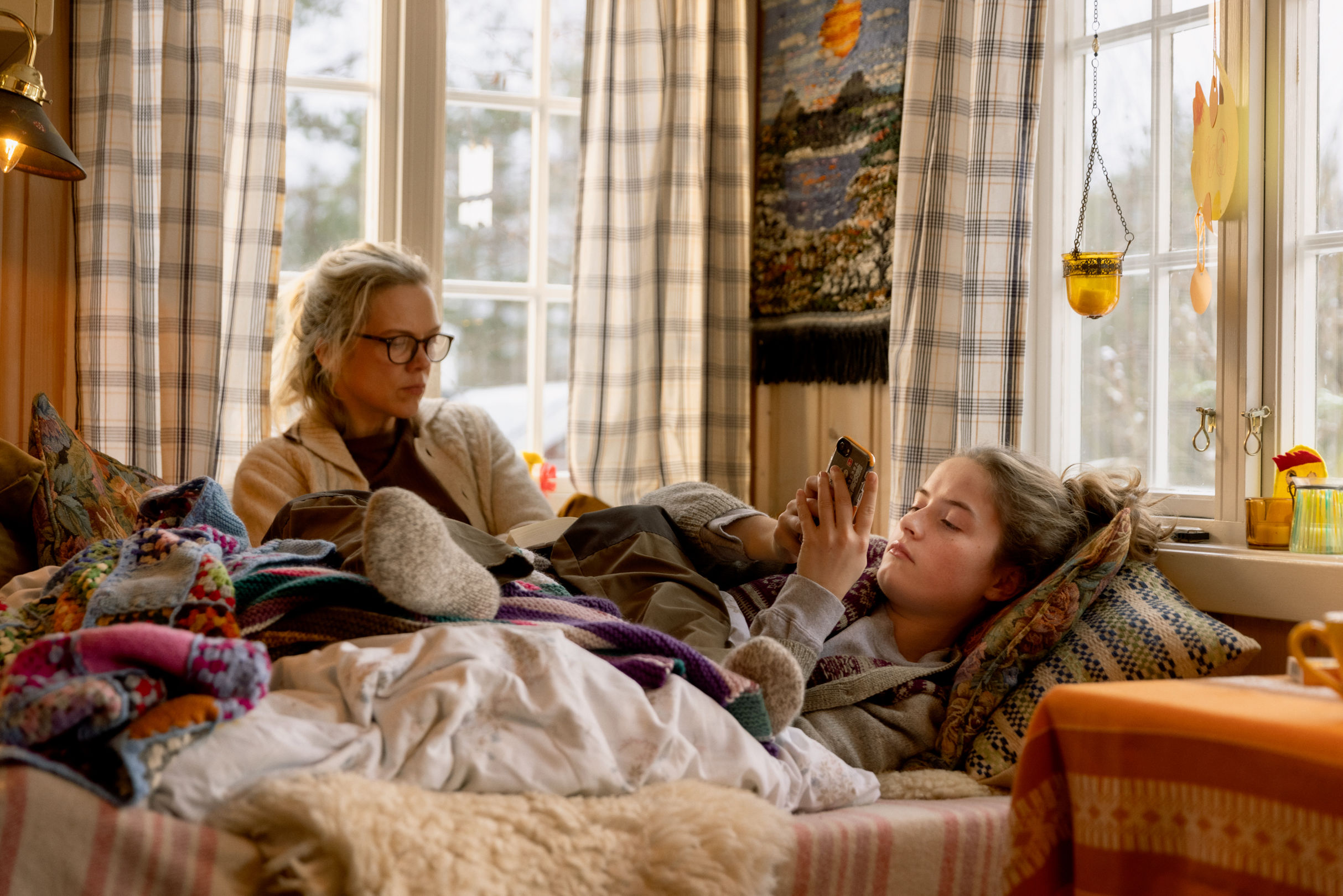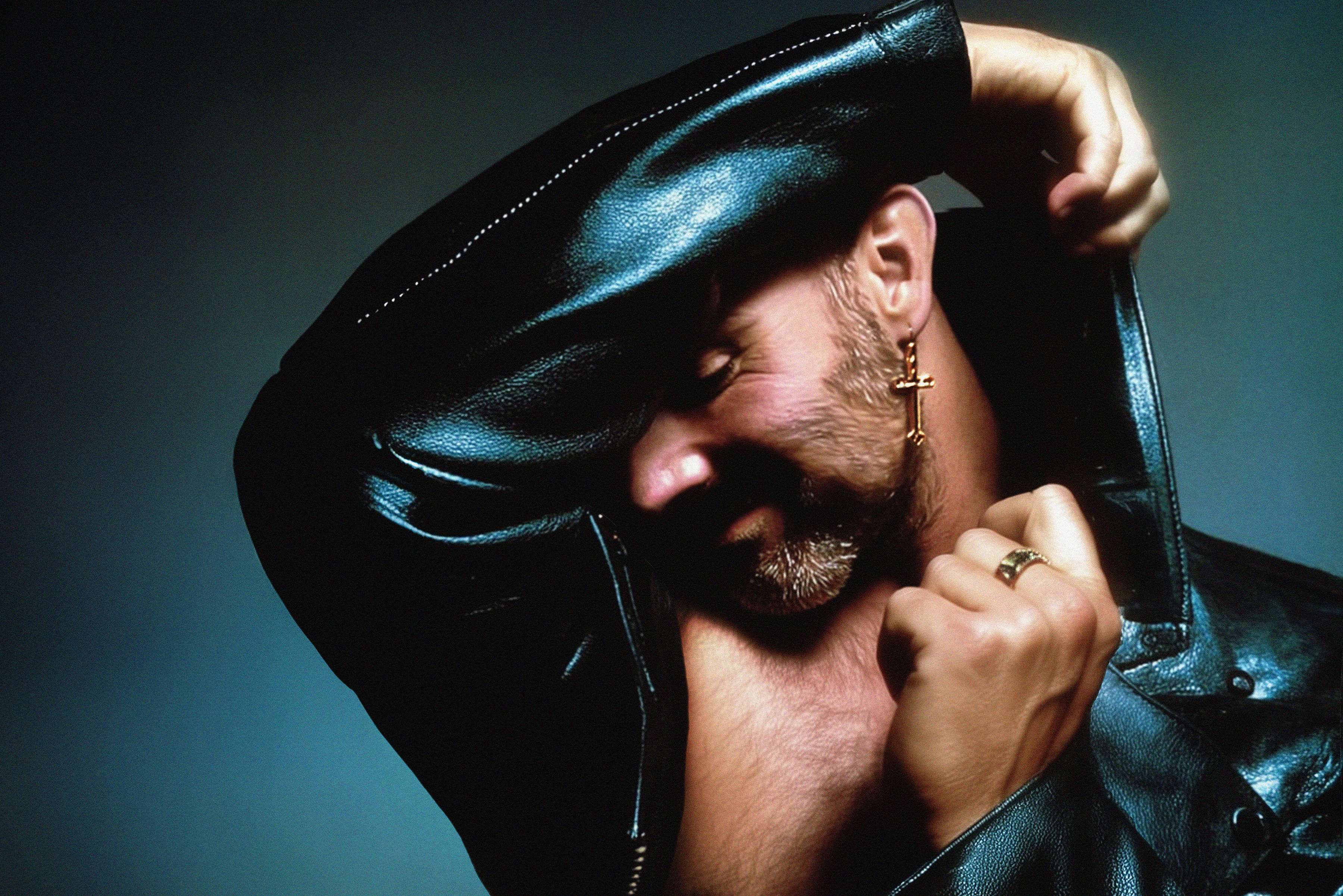Things to Do in Portland This Week, February 2026

Image: Courtesy Janus Films
You’re reading our weekly Things to Do column about the concerts, art shows, comedy sets, movies, readings, and plays we’re attending each week. Sign up to receive it in your inbox.
Peter Hujar’s portraits are almost parasocial. They show you what a person was like, the way numberless podcasts, social media posts, and reality TV shows acquaint us with our heroes today. “He caught you a little vulnerable because you’re in bed with a stranger, basically,” John Waters recently told The New York Times. Hujar published a single book during his lifetime, Portraits in Life and Death (1976). In it, Waters, in his 20s at the time, lays on a velvet bedspread, his stiff smirk and cocksure pencil mustache already in place. But his eyes—curious, a little scared, and glued deferentially to the camera—deflate the campy grandeur he’s maintained for the 50 years since. Susan Sontag, William S. Burroughs, Fran Lebowitz, and Divine are all similarly undressed in Hujar’s black-and-white squares. He made plenty of self-portraits, too, many achieving a similar intimacy. Until recently, those photos were the closest you could get to knowing what the photographer himself, who died of AIDS-related causes in 1987, was like.
Now you can spend a day with him, more or less, watching director Ira Sachs’s Peter Hujar’s Day. Portland art gallery and bookshop Nationale is screening the movie at 7pm Thursday at the Tomorrow Theater and hosting a salon-style discussion afterward, with a handful of Hujar-related books for sale, including the book of the same title that serves as the movie’s source text. Both recount a December day in 1974 that Hujar spent with a friend, the writer Linda Rosenkrantz. Rosenkrantz asked a handful of friends: Tell me everything you did yesterday, and planned to publish the transcripts as a book. The book never materialized, but a grad student discovered the abandoned Hujar transcript in 2019 and a small press published it as its own book in 2021.
Hujar’s milieu was a who’s-who of gay and avant-garde art in ’70s downtown New York. The day before, he happened to have photographed Allen Ginsberg (who kept sitting cross-legged and chanting) and chatted with “Susan” (Sontag) and ate Chinese takeout with “Vince” (Aletti), the curator and writer. Ben Whishaw, playing Hujar alongside Rebecca Hall’s Rosenkrantz, makes it a stylish reenactment. He’s unguarded, never stops to explain. You catch his mannerisms and charms, the small moments where the person contradicts the persona. You can’t often do that with someone who died as an underground art hero in 1987. Almost no tapes of Hujar exist. Even the audio of his interview is lost. Peter Hujar’s Day attempts to fill in some of those gaps, to give a sense of what he was like.
More things to do this week
MUSIC Cardi B
7:30PM THU, FEB 19 | MODA CENTER, $71+
Plenty of people are famous for being famous these days, but few have mastered the art like Cardi B; fewer still have managed to immortalize so much discourse in their actual art. She was a social media and then reality TV star before her 2018 debut, Invasion of Privacy, which won her a Grammy for Best Rap Album—the first woman ever to win the award. Despite taking seven years to produce, her second album, titled Am I the Drama?, only continued her dominating path.
THEATER Geography of a Horse Dreamer
THRU MAR 1 | IMAGO THEATRE, $37
Sam Shepard wrote a fever dream of a western while living abroad in London in the early ’70s. On its face, Geography of a Horse Dreamer is about a clairvoyant cowboy, Cody, who predicts which horses will win at the track in his dreams. When a set of noirish mobsters kidnap him and exploit his gift, it goes away—how else could an American abroad’s homesick dream end than with profiteering ruining everything? Portland theater company Imago is behind this local production.
COMEDY Manuel Ángel Redondo
7:30PM MON, FEB 23 | HELIUM COMEDY CLUB, $49+
Redondo got his start on Venezuelan radio, broadcasting comedy shows on the national radio station La Mega. When the Venezuelan National Telecommunications Commission (CONATEL) sanctioned his show for violating the country’s heavily regulatory Law of Social Responsibility in Radio, Redondo pivoted to podcasts and online video. Entregrados, the interview talk show he hosted from 2019 to 2023, which revolved around drinking with guests, certainly wouldn’t pass CONATEL’s oppressive mandates. In the years since, Redondo has focused his efforts on regular old stand-up, though he does routinely share clips with his 1.1 million Instagram followers. All of it is entirely in Spanish, as is this local show at Helium Comedy Club.
Elsewhere...
- Portland artists Lynne Woods Turner and Sidony O’Neal in conversation about Turner’s ongoing show, one thing and another. (Adams and Ollman)
- A play about Columbia Sportswear founder Gert Boyle. (Oregon ArtsWatch)




